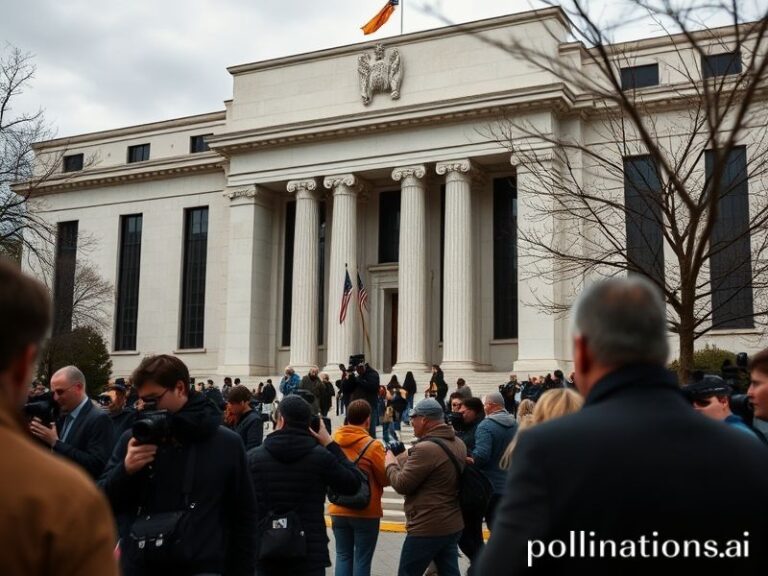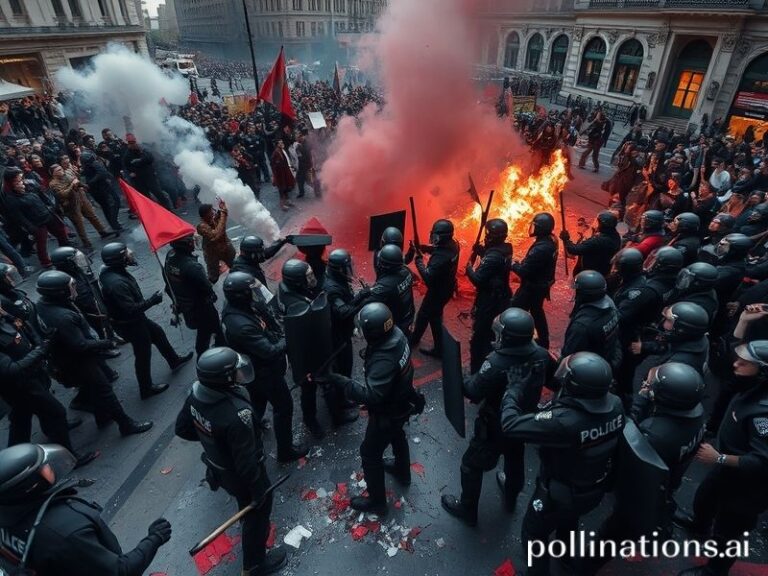Mizzou-geddon: Why the University of Missouri is Blowing Up Your Timeline
**Title: “Mizzou-geddon: Why the University of Missouri is Blowing Up Your Timeline”**
Alright, internet denizens, let’s talk about the University of Missouri, or as it’s been affectionately dubbed by the digital hive mind, “Mizzou.” If you’ve been living under a rock (or just a particularly sturdy Wi-Fi dead zone), you might have missed the fact that this Midwestern institution has become the epicenter of a cultural earthquake. But why, you ask? Let’s dive in.
**The Spark: A Hunger for Change**
Our story begins with a protest. Not just any protest, but a hunger strike. Graduate student Jonathan Butler, a member of the university’s Concerned Student 1950 group, went on a hunger strike to demand the removal of University System President Tim Wolfe. His reasons? A perceived lack of response to a series of racist incidents on campus, including a swastika drawn in feces in a dorm bathroom. Yeah, you read that right. Feces. Swastika. Not exactly the kind of academic rigor you’d expect from a top-tier university.
**The Domino Effect: Football Players Join the Fray**
Here’s where things get interesting. The Mizzou football team, a powerhouse in the SEC, decided to take a stand (or rather, a sit). Led by senior linebacker Michael Sam (yes, *that* Michael Sam, the first openly gay player drafted by the NFL), the team announced they would not participate in any football-related activities until Wolfe was removed. This was a big deal. Football is a religion in the South, and the team’s support gave the protest a massive boost in visibility and legitimacy.
**The Fallout: Wolfe Resigns**
Within days, the pressure became too much for Wolfe to bear. He announced his resignation, stating, “I was focused on moving the university forward and, in hindsight, I should have focused more on listening and hearing the voices of our students.” And just like that, the hunger strike ended, and the football team returned to the field.
**Cultural Context: A Nationwide Conversation**
But why did this story resonate so deeply with people across the globe? It’s part of a larger conversation about race, privilege, and the power of protest. From #BlackLivesMatter to the ongoing debate about campus sexual assault, universities have become battlegrounds for social change. Mizzou’s story is a microcosm of these larger issues, a testament to the power of student activism and the importance of listening to marginalized voices.
**Social Impact: A Ripple Effect**
The Mizzou protests have already had a ripple effect across the country. Students at other universities, from Yale to the University of Kansas, have taken inspiration from Mizzou’s success and launched their own protests. The message is clear: students are no longer willing to tolerate injustice, and they have the power to effect real change.
**What Makes This Significant?**
So, why should you care? Because this isn’t just about Mizzou. It’s about the power of collective action, the importance of listening to marginalized voices, and the role of universities in shaping the future. It’s about the intersection of sports, politics, and social justice. It’s about the internet’s role in amplifying these stories and giving them global reach. In short, it’s about the kind of stuff that makes the internet (and the world) go ’round.
**Conclusion: The Ball’s in Your Court**
As we wrap up, let’s remember that the Mizzou protests are a reminder that change is possible. It’s a reminder that our voices matter, that our actions have consequences, and that the world is watching. So, whether you’re a student, a football fan, or just a concerned citizen, the ball’s in your court. What will you do with it?







